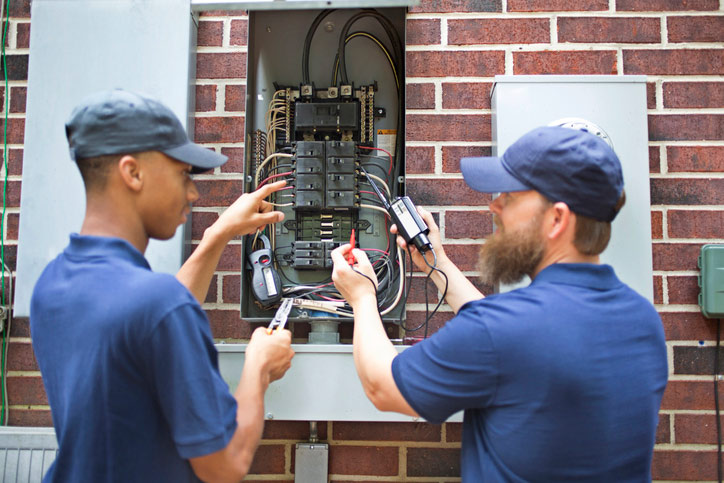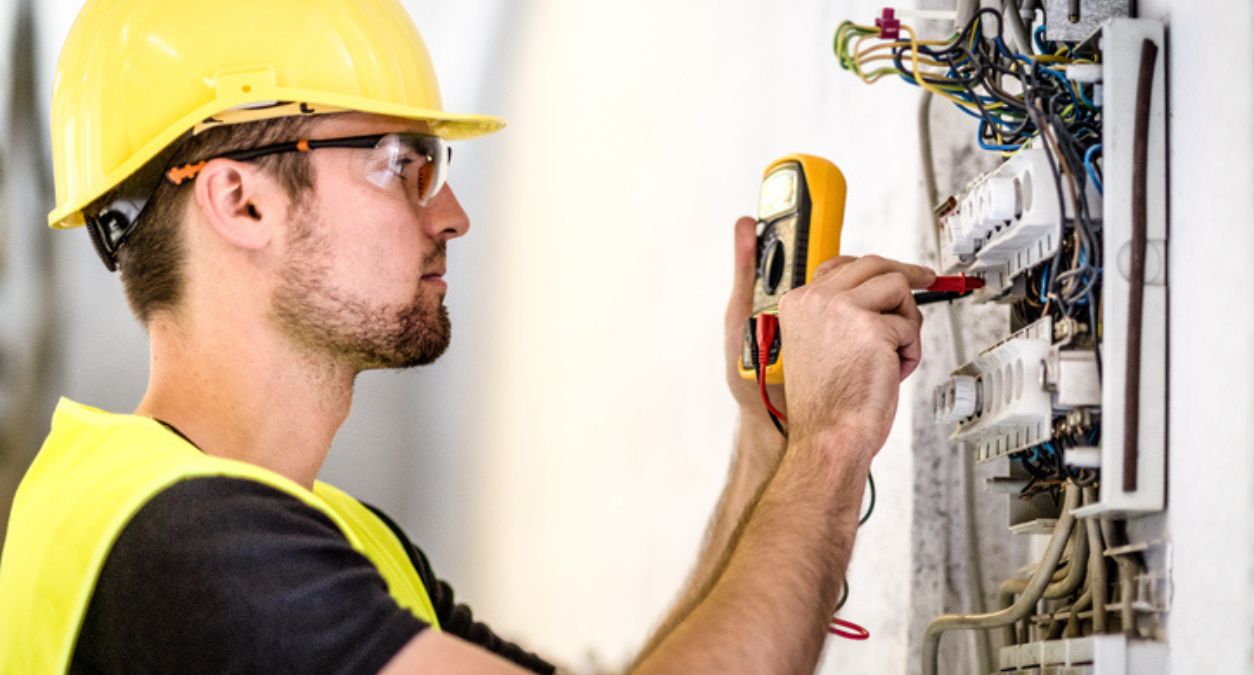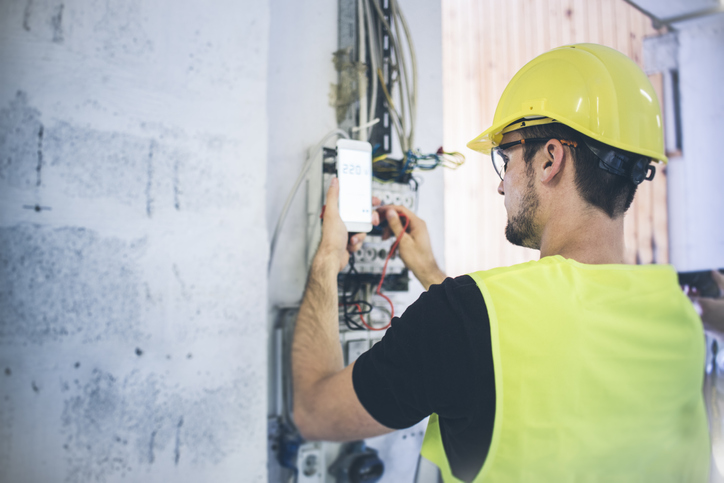Britain is suffering a severe shortage of qualified tradespeople, despite the fact that the level of demand means that there are potentially excellent earnings on offer. As well as builders and plumbers, good-quality electricians are extremely sought after right now. And with technology, electric cars, smart homes and domestic appliances all playing increasingly large roles in our everyday lives, the need for electrical installation and repair work isn’t likely to subside any time soon.
If you’re a young person evaluating your career choices, or you’re looking for a change in profession, it can be difficult to know where to start. That’s why we’ve created this guide, so that you can understand what qualifications you need to be an electrician. We’ll cover why qualifications are important, how they vary across the different routes into the industry, and the other key considerations to make as you become an electrical professional.

Get Electricians Insurance from Protectivity
*Disclaimer – This blog has been created as general information and should not be taken as advice. Make sure you have the correct level of insurance for your requirements and always review policy documentation. Information is factually accurate at the time of publishing but may have become out of date.
Last updated by


















